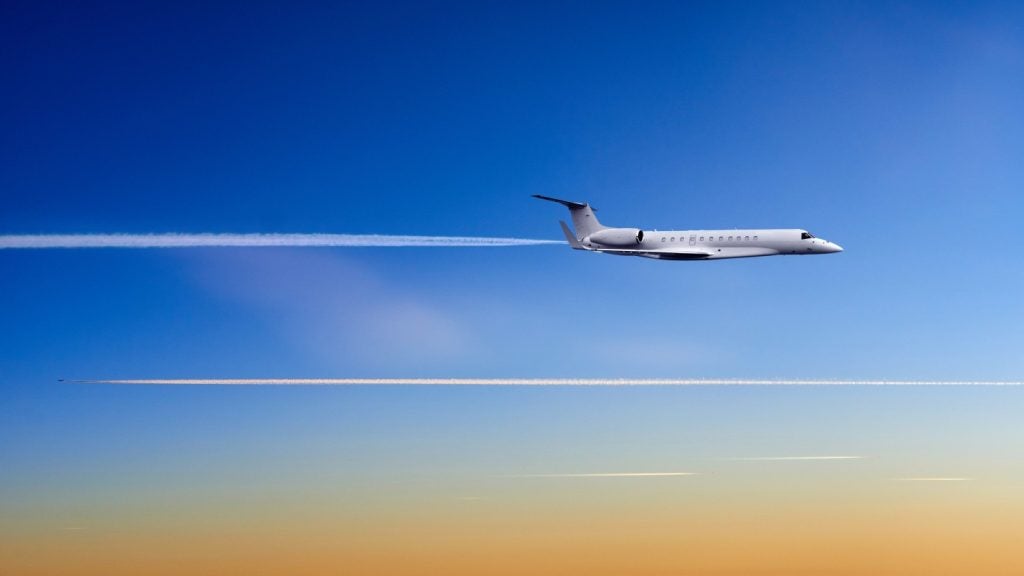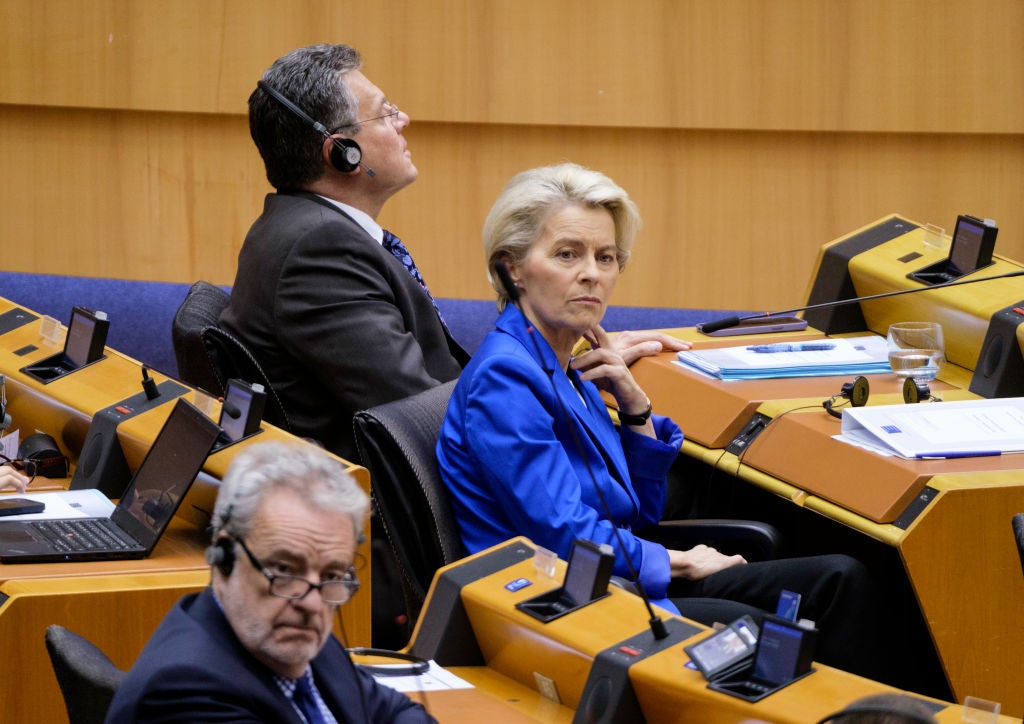Recent coverage of celebrities like Taylor Swift and politicians using private jets for short journeys has reignited a debate about the justifiability of their use. As public pressure to curb carbon emissions grows, some governments are attempting to reduce the number of short-haul flights undertaken by commercial and private jet aircraft.
Putting Swift’s emissions into perspective, Rob Barlow, professor of ethics and corporate responsibility at Hult International Business School, explained to our sister site Airport Technology: “It is estimated that, in 2022, her private jet usage created over 8,000 tonnes of carbon emissions, which is well over 500 times the yearly carbon output of the average American from all sources, or around 1,000 times that of the average European.”
Private jet emissions
The crux of the issue with private jets, is they have a dramatically higher carbon footprint per passenger than commercial alternatives.
A 2021 report from Brussels-based campaign group Transport and Environment found that private jets are five to 14 times more polluting per passenger than commercial flights and 50 times more polluting than trains.
The report also stated that some private jets emit two tonnes of CO2 per hour, which is staggering when compared to the average annual output per person of 8.2 tonnes in advanced economies.
While Swift in particular has been under scrutiny, politicians and businesspeople jetting into conferences like Davos or COP28 are contributing to statistics like private jets taking off an average of once every six minutes in the UK in 2022.
“Aeroplanes are one of the most polluting methods of transport due to the variety of released gases," explains GlobalData analyst Will Tyson. "It is not just CO2 emissions, but also nitrogen oxides and the effects of vapour trails.
"The altitude from which the gases are emitted also has an impact due to the greenhouse effect being stronger the higher in the air you are.”
As a whole, air travel accounts for 2% of CO2 emissions. In contrast, militaries around the world contribute 5.5% of CO2 emissions.
Global NGO Greenpeace is part of a growing number of organisations lobbying to ban private jet use once and for all, arguing that, despite 80% of the world’s population having never taken a flight, the super-rich 1% are responsible for half of the world’s aviation emissions.
Short-haul flight bans
Several EU member states are taking matters into their own hands. In May 2023, France banned short-haul flights – which it defined as any flights with a rail alternative that takes less than two-and-a-half hours – and Spain is looking to do the same in 2024.
When the ban was announced, France’s transport minister Clément Beaune stated publicly that the country cannot tolerate private jet use of the super-rich at a time when the public is having to make cutbacks in fear of climate change.
The initial draft of the Spanish legislation looked to ban any short-haul flights with rail alternatives under four hours. However, this has been reduced to two-and-a-half hours, matching the French legislation.
While a study from NGO Ecologistas en Acción estimated that the initial plans for the Spanish proposal could have saved 300,000 tonnes of CO2 emissions by cutting 50,000 commercial and private jet flights a year, the amended constraint will have less of an impact.
Despite that, Barlow says: “As the public becomes more aware of the outsized CO2 contributions being made by these kinds of flights, we will almost certainly see an increase in this kind of regulation around the world.”
Justifications for private jet use
In spite of the emission ills of private jet use, there remains a strong market for them.
At a private jet conference in London in February 2024, Sky News cited The Jet Business founder Steve Varsano saying: “70% of all passengers that occupy corporate jets are middle management. So it’s really a utility [as opposed to a luxury]. It's transportation.”
Indeed, Holger Krahmer, a former MEP turned secretary general of the European Business Aviation Association, has called discussions of possible bans “completely irrational”.
In contrast, Greenpeace EU transport campaigner Thomas Gelin accuses the rich of apathy and frivolous behaviour.
“Inequality is at the heart of the climate crisis, and the rise in private jet use is proof. The rich will jump on a jet to Geneva the way a normal person would pop out for a pack of biscuits, and with less thought for the environmental consequences,” he argues.
Efforts are being made within the industry to reduce the environmental impact of air travel.
"Aerospace companies are also investing in different propellants for air travel that would reduce emissions," says Tyson. "Alternative propellants include sustainable aviation fuel, hydrogen and electric aircraft. Cleaner air travel using these methods is easier to scale than road transport due to the number of vehicles that would need to adopt new means of propulsion."














